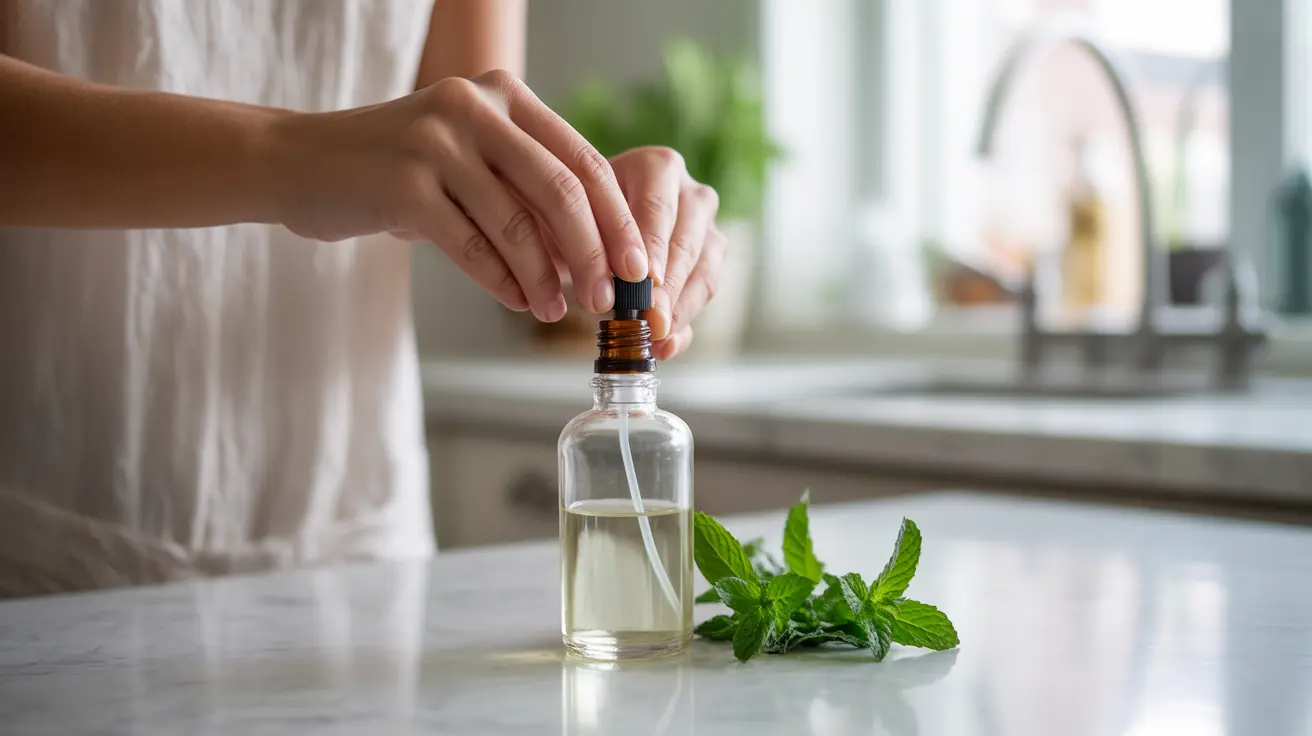If you're looking for a natural way to keep spiders out of your home, essential oils offer an effective and chemical-free solution. Many people are turning to these aromatic compounds as a safer alternative to traditional pesticides, especially in homes with children and pets.
Understanding which essential oils spiders hate and how to use them properly can help you create an effective, natural spider deterrent system for your home. Let's explore the most effective essential oils and proper application methods for spider control.
Most Effective Essential Oils for Spider Control
Several essential oils have proven particularly effective at keeping spiders away from your living spaces:
Peppermint Oil: The Top Choice
Peppermint oil stands out as the most potent spider deterrent. Its strong menthol scent overwhelms spiders' sensitive receptors, making it highly effective at keeping them away from treated areas. For best results, use high-quality, pure peppermint essential oil.
Other Powerful Spider-Repelling Oils
Beyond peppermint, several other essential oils show strong spider-repelling properties:
- Eucalyptus oil
- Tea tree oil
- Citrus oils (lemon, orange, lime)
- Lavender oil
- Cinnamon oil
- Citronella oil
Proper Application Methods
To maximize the effectiveness of essential oils as spider repellents, proper application is crucial:
Creating a Spray Solution
Mix 15-20 drops of your chosen essential oil with water and a small amount of dish soap in a spray bottle. The soap helps the oil and water mix properly, ensuring even distribution when spraying.
Strategic Application Points
Focus on applying your essential oil solution in these key areas:
- Window frames and sills
- Door frames and thresholds
- Basement corners and entryways
- Known spider entry points
- Dark corners and crevices
Safety Considerations and Best Practices
While essential oils are natural, they require careful handling to ensure safety:
- Always dilute oils properly before use
- Keep oils away from children's reach
- Test on a small area first to prevent surface damage
- Store oils in dark, cool places
- Consider pet safety when selecting oils
Maintenance and Reapplication
For continued effectiveness against spiders, maintain a regular application schedule:
- Reapply every 5-7 days in problem areas
- Increase frequency during peak spider seasons
- Monitor effectiveness and adjust concentration as needed
Frequently Asked Questions
What essential oils are most effective at repelling spiders in the home?
Peppermint oil is the most effective essential oil for repelling spiders, followed by eucalyptus, tea tree, and citrus oils. These oils' strong scents naturally deter spiders from entering treated areas.
How often should peppermint oil be reapplied to maintain its spider-repelling ability?
Peppermint oil should be reapplied every 5-7 days for optimal effectiveness. More frequent application may be necessary in areas with heavy spider activity or during peak seasons.
Are there any potential risks or side effects of using peppermint oil as a spider repellent?
While generally safe, peppermint oil can cause skin irritation if used undiluted. It may also be harmful to pets, particularly cats. Always dilute properly and keep away from children and pets' direct contact.
Can I use other essential oils like lemon or thyme as alternatives to peppermint oil for spider control?
Yes, citrus oils like lemon and other alternatives such as tea tree, eucalyptus, and lavender can effectively repel spiders. While perhaps not as potent as peppermint, they offer good alternatives, especially in homes with pets sensitive to peppermint oil.
How can I safely apply essential oils to prevent spider infestations without harming pets or children?
Create a diluted solution in a spray bottle, using 15-20 drops of essential oil per cup of water with a drop of dish soap. Apply in areas less accessible to children and pets, such as high corners and window frames. Always ensure proper ventilation and keep pets away during application.




